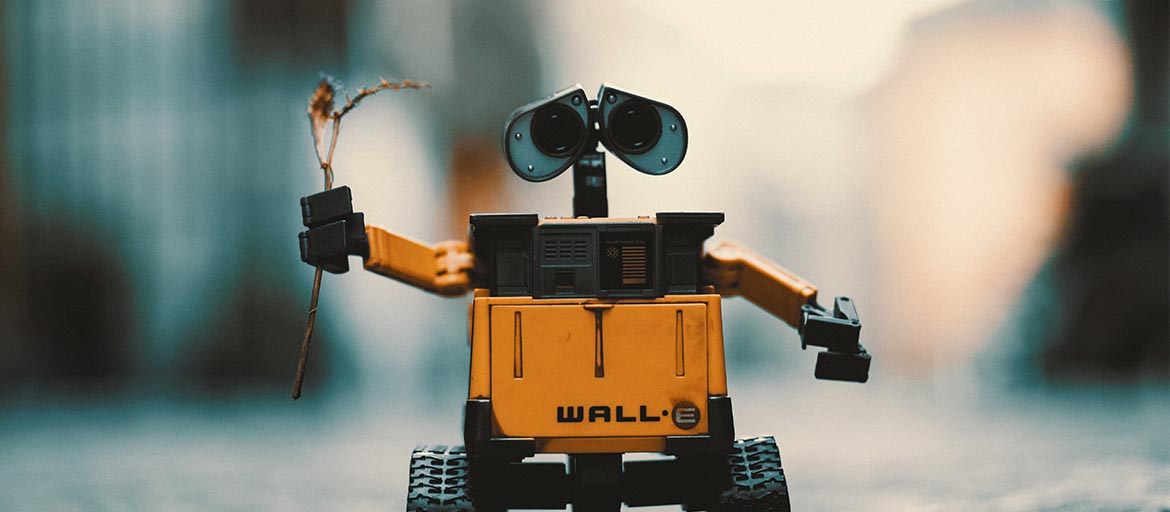Understanding the potential of A.I.
In an ongoing debate on artificial intelligence (AI), proponents say that AI will revolutionise human life and help solve global societal challenges. Critics, however, warn of serious risks ranging from unemployment and inequality to runaway technology. They call for AI development to be closely regulated.
Dr Stefan Wess, CEO of Empolis Information Management GmbH, from the Federal Republic of Germany and Azhar Kassim Mustapha, CEO of Nervesis, from Malaysia speak at the 11th WIEF in Malaysia.
Does AI transform or take over your life?
AI research is progressing rapidly and there is a general consensus that the impact of AI on society is likely to increase. Many even believe that AI— by allowing us to amplify our own intelligence—might be the key to tackling the world’s most challenging issues, such as disease and poverty.
Although most closely associated with sci-fi movies and novels of recent decades, AI in various forms has figured in every major human civilisation, including Egyptian, Greek, Chinese and Islamic civilisations.
In Hollywood, the good robots invariably triumph over the bad. In real life, however, the outcome is yet to be determined, and the pros and cons of AI are still being debated. Will AI do us good? Will the technology fall in the hands of evil forces? Will good intentions prevail?
What is beyond dispute is the fact that AI innovations have increasingly become a part of our everyday lives. AI capabilities have been applied in many areas of the global economy.
Will AI steal our jobs?
For all its strengths, AI has also raised concerns, notably in its effect on employment. Critics of AI warn that AI can result in unemployment, with the first to be affected. AI’s ability to take less-educated presumably being the on first-pass quality control tasks in banking, farming, building security, and medical services may render human beings jobless at these levels. Some economists are urging planners to foresee job replacement and plan for it in terms of the education of those likely to experience job loss as well as of future generations.
There is also a fear that in the long term, humans may eventually become obsolete altogether in the workforce, with only a handful of us needed to guide the robot-based economy.
AI innovations in daily life:
The situation in the European Union, to take one example, is marked by:
1. Navigation systems
2. Speech recognition
3. Image recognition
4. Object-oriented programming
5. Business rules
6. Intelligent personal assistants
Here are some of AI’s impact on the economic sector:
1. Self-driving vehicles will change urban landscapes and lifestyles.
2. IBM’s Watson computer
can already cross-reference symptoms of 1 million cancer patients in just 15 seconds.
3. Robots will work more smartly with humans, and will assist not just
in factories but in homes.
4. AI can also do first-pass quality control and risk assessment in loan processing.
On the other hand, proponents have argued that by taking on menial or assembly-line jobs, AI enables humans to “up their game” and take on higher-level jobs. There would be net job creation. And while AI robots are well-suited to a factory assembly line, it is less clear how they might handle social jobs such as nursing and teaching; consequently, the worth of these jobs may increase.
Some also predict that if AI-powered machines take over production, the perceived value of human handcrafted objects will increase.
Should we be worried?
Besides job replacement, other aspects of AI continue to be hotly debated, not least because of its immense power. What if we created a system so smart that it was able to use its intelligence to improve itself and evolve beyond our ability to control or stop it?
Notable figures, among them Elon Musk, Bill Gates, Steve Wozniak and Stephen Hawking, have warned about human beings losing control of AI. In this regard, our experience with nuclear technology and nuclear weapons is instructive.
Machines may replace humans in some jobs but humans will create new jobs, new work scopes, and learn new skill sets.
Many agree that there is an urgent need for a strong regulatory and ethical framework in developing AI.
“It’s very important that we start discussing about AI, looking into its economic benefits, as well as the downside of this technology. We need to observe the society and do more research to gain control of the process [of AI development].
– Dr Stefan Wess
___________________
Find out more from panellists of WIEF’s Global Discourse on A.I. in May 2017.





